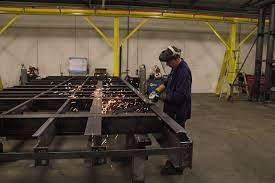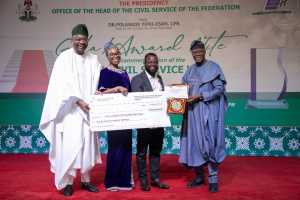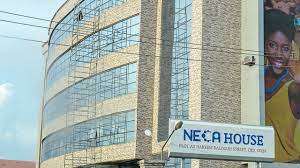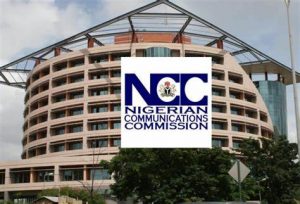
The Nigerian Content Development and Monitoring Board (NCDMB) has made a case for local production of fabricated materials in a bid to improve local content and achieve the 70 per cent manufacturing target.
With 56 per cent of the oil and gas industry spend allocated to fabricated materials, the Board noted that a robust framework is key in retaining a larger share of industry spend in-country.
To encourage local firms, the NCDMB added that categorization of dockyards is being done to assist smaller players to have access to contracts depending on their sizes.
General Manager, Research, Statistics & Development, NCDMB, Abdulmalik Halilu, during a capacity building workshop for media stakeholders in Lagos, also emphasized the need to improve research and development in the country.
According to him, when research and development (R&D) is well funded, in-country capacity will be enhanced.
“There was a $300 billion capital flight in Nigeria’s oil and gas industry before the advent of local content and now, this has been reduced by 42 per cent.
“There is a research and development fund to support relevant applied research in the oil and gas industry and the NCDMB is adopting tripled modules which are a collaboration between government, academia and industry as one of the best ways to drive research and development,” he said.
Giving his perspective on NCDMB 11 years of Monitoring & Evaluating Nigerian Content implementation, Mr Dan Esueme Kikile, Manager, Capacity Building, Monitoring Directorate, said that when the Board was created in 2010, Nigeria’s content level was less than five per cent and due to consistent monitoring and development of local capacities, the Board has since grown Content capacity to 42% in 2021.
The Board, according to Kikile, has observed in the past 11 years that there are abundant personnel with expertise in different fields to man positions in the oil and gas industry, which were previously occupied by foreigners.
“There are diverse abundant opportunities in the oil and gas industry in the Act where Nigerians can derive value in hydrocarbon resources,” he said.
275 oil companies, he continued, have been identified to be non-compliant with the content law; 73 companies have registered as operators; 7,075 service companies, and 224,872 individuals have registered in Nigeria through the NCDMB JQS platform.
Speaking at the Workshop, Manager, Corporate Communications, Barrister Naboth Onyesor, said that the essence of the workshop was to promote collaboration with media practitioners and critical stakeholders in the implementation of Nigerian Content and to use the forum as an opportunity to support media partners to develop their skills in the profession.








